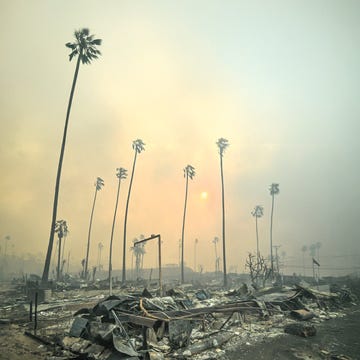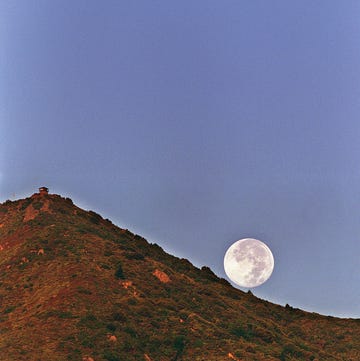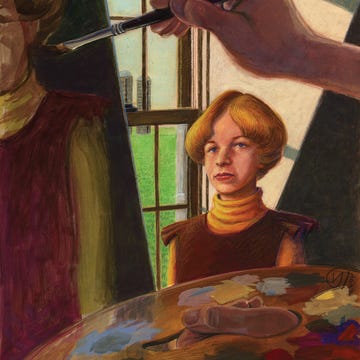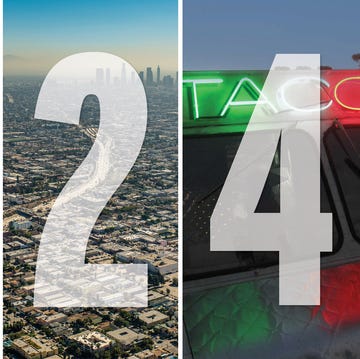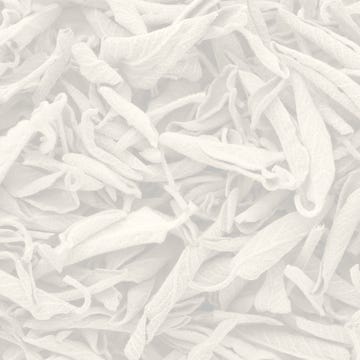There are so many landscapes that have been stolen from Native people. They are on maps and in academia, leadership roles, publishing, and politics. This poem explores the ways in which Native people must continually crawl beneath fences, slip past gatekeepers, and constantly remind non-Natives of our present and Native youth of their potential.•
This poem appears in Issue 29 of Alta Journal.
SUBSCRIBE
When he tells me, for the fifth time, he is just
a normal guy, not the leader we have made him,
I remind him that he has earned every achievement.
There is silence on the line.
I am walking a February road. The snow has finally fallen
and this subdivision is supposed to be off limits to me,
who lives outside its gates. Yet, I trespass. I want
to walk off highway, somewhere quiet and plowed,
where my dogs won’t worry cars and I won’t worry for them.
His voice picks up again.
He tells me that his students are so grateful to see
themselves in him. Teaching the class, a promise
of what they can be. Not just Diné, but Diné leaders.
And of his poems, he knows now he can write less
about what nonNatives expect and more little t
Truth. This neighborhood is off limits
to anyone who does not own one of the multimillion $ homes.
It is posted. So I wave at all the white logoed trucks,
brown faces of the builders, of women who clean, and sometimes,
too, at women with perfectly coiffed hair, their SUVs gleaming
smiles. In winter hat, and mittened and coated and blending,
I try to fit in. My friend says,
I am ready to join this world. I am tired
of feeling like I am an outsider.
They give me that look, he says, like I don’t belong.
But I am claiming my space. I am also conceding
that I don’t want to be like them, to be one of them.
The road is icy, but I have fastened spikes to my soles. I will not fall.
Only the young dog pulls enthusiastically toward the unmarred
snow of their lawns. The old dog knows, he has been here before
it was a transgression. Before the road was Migratory Way. Before
another house rises on the hillside, more rooms than years
left in my old dog’s life. When they shit, which they do,
I don’t stoop to pick it up.
I’m just really glad we had this time—
my friend says as I pass around the gate and back into my own
neighborhood, so unworthy of city benefits, they chose,
when expanding the city limits,
not to include us. We have to pay
the extra library fee, but we get to keep our wells,
our leech field, our subpar internet. It costs
$40000 a year to play golf where first people dug camas. Privilege
and concrete separate us from the once meadow. Sometimes,
I don’t bother using the gate. I have found a weakness
in their fences. Despite the risk, the dogs slide under
and in spite of the warnings, I crawl through.
CMarie Fuhrman is the author of Camped Beneath the Dam: Poems, coeditor of Native Voices: Indigenous American Poetry, Craft and Conversations, and coeditor of the Pacific Northwest Book Award–winning anthology Cascadia Field Guide: Art, Ecology, Poetry. She is the director of the Elk River Writers Workshop and an associate director and the director of poetry at Western Colorado University. Fuhrman is an award-winning columnist and the voice of the NPR podcast Terra Firma. She resides in the Salmon River Mountains of Idaho.



